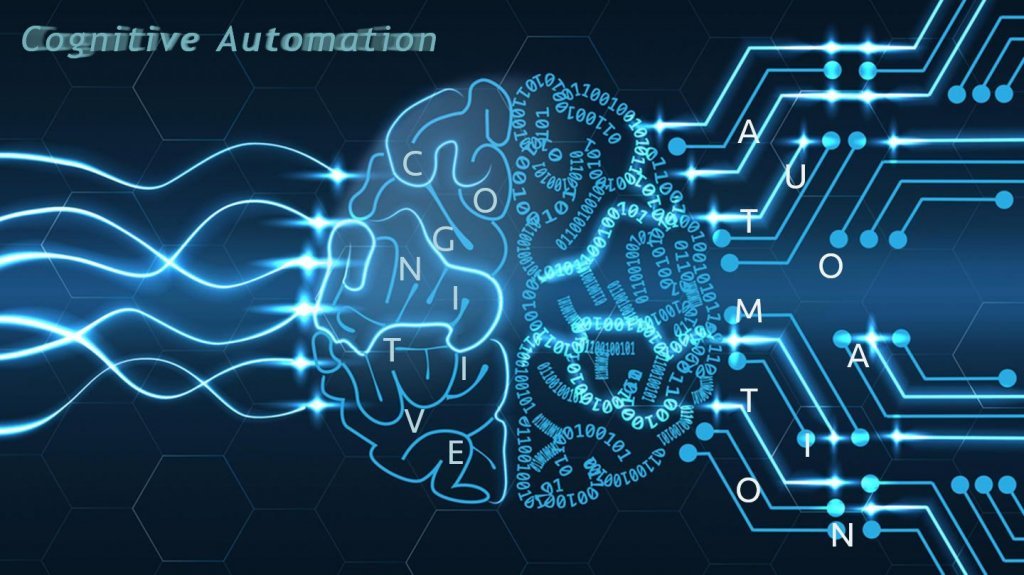Cognitive Automation - RPA’s Future
Can we call Cognitive Automation as Robotic Process Automation Plus (RPA+)? Personally, I would like to create an analogy of a business organization where we can call RPA as worker (Doer) or workforce and Cognitive is executive leadership (decision engine). When decision makers and doers combine hands together the success looks more realistic and approachable. Cognitive automation or some other synonym words in the field are Intelligent or Smart Automation.
Technically automation is not new and has been there since industrial evolution but last few decades of digitization boosted the exposure and true implementation of digitized automation.
Initial tools for automation, which includes scripts, macros and robotic process automation (RPA) bots, focus on automating simple, repetitive processes. This makes sense because most core corporate processes are quite repetitive but not repetitive enough to completely take human out of the loop with simple programming and that’s where lots of RPA application brought in the concept of Attended and/or Hybrid BOTs. However, as those processes are automated with the help of more programming and better RPA tools, processes that require higher level cognitive functions are next in the line for automation.
Key capabilities for cognitive automation
Natural language processing (NLP): Even basic language understanding makes it much easier to automate most customer service processes or processes involving contracts.
Optical Character Recognition (OCR): Despite increased digitization, a mind-boggling amount of paper is still used, especially in heavily regulated industries like healthcare or banking. Processing these papers are required to automate any process end-to-end.
Machine learning: Processes require decisions. If those decisions cannot be formulated as a set of rules, machine learning solutions are required to replace human judgement with machine judgement and automate processes.
Let’s look at what bots will do with these capabilities.
Cognitive RPA solutions by RPA ecosystem
In recent times, lot of RPA tool providers are bundling in AI, computer vision features into their core tools. Which interns, is creating a big competitive marketplace for big, long timer organizations focusing on AI and machine learning solutions.
Additionally, large RPA providers have built marketplace so developers can submit their cognitive solutions which can easily be plugged into RPA bots.
Common cognitive automation application areas
Offering end-to-end customer service with chatbots: While chatbots are gaining popularity, their impact is limited by how deeply integrated they are into your company’s systems. For example, if they are not integrated into the legacy billing system, a customer will not be able to change her billing period through the chatbot. Cognitive automation allows building chatbots that can make changes in other systems with ease.
Revenue Cycle Management: Discovering mismatch between contracts and invoices – how bots can be trained and deployed with natural language processing capabilities to solve this issue where a defined comparison and deficiencies can be done and appropriate action can be performed.
Banking – Fulfilling KYC requirements: Leverage public records, handwritten customer input and scanned documents, multiple forms of validation to perform required KYC checks.
Banking – Processing trade finance transactions: Banks finance international trade. Processing these transactions require paperwork processing and completing regulatory checks including sanctions checks and proper buyer and seller apportioning.
Insurance – Servicing policies: Data mining and NLP techniques are used to extract policy data and impacts of policy changes to make automated decisions regarding policy changes.
Insurance – Claims processing: Make automated decisions about claims based on policy and claim data and notify payment systems.
Though cognitive automation is a relatively recent phenomenon and most of the RPA tool organizations are bringing natively in newer releases where organization can leverage end-to-end benefits of “Cognitive Automation”.


